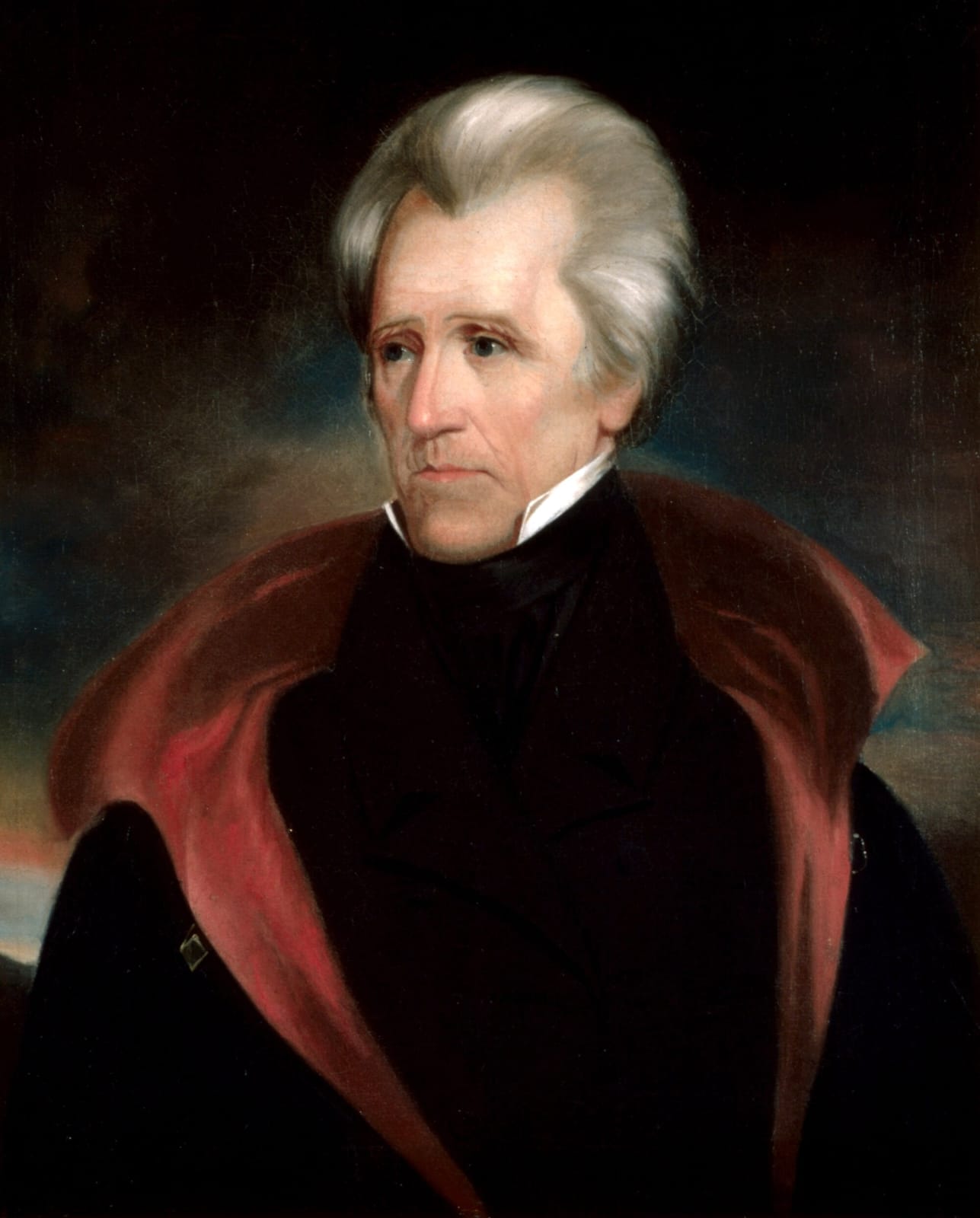Let’s be honest: January 11 doesn’t scream “iconic,” does it? It’s not New Year’s Day, it’s not Valentine’s Day, and it’s definitely not your birthday (probably). But you’d be surprised! This seemingly random date packs a punch with some of the quirkiest, boldest, and downright strange moments in history. From lifesaving medical breakthroughs to a tax on beards (yes, beards), strap in—this is your ultimate guide to January 11’s best hits.
1759: Life Insurance Makes Its Debut (Boring? Think Again.)

Imagine it’s 1759, and you’re living in Philadelphia. You’re a Presbyterian minister trying to serve God and your community, but here’s the catch: life expectancy is a joke, and there’s no financial safety net if you drop dead. Enter the Corporation for Relief of Poor and Distressed Presbyterian Ministers and Their Widows and Children (longest name ever, but hey, branding was different back then).
This wasn’t just any company—it was America’s first life insurance company. It wasn’t about making billions (looking at you, modern insurance industry); it was a genuine attempt to support struggling families. Ministers didn’t have TikTok or OnlyFans to fall back on, so this was their best bet for surviving in a brutal era. And guess what? This quaint little idea laid the foundation for the life insurance industry as we know it. Next time you roll your eyes at your policy paperwork, remember: some Presbyterian widows in 1759 would have killed for that coverage.
1569: England’s First Lottery – Hope You Like Public Works!

What do you do when your government coffers are empty but you want to build fancy bridges and roads? If you’re Elizabethan England, you organize the first recorded lottery. Yep, before Mega Millions and scratch offs, there was this. January 11, 1569, saw hopeful Brits coughing up their hard earned pennies for a shot at big winnings. Spoiler alert: the prizes weren’t exactly Lamborghinis or private jets. Instead, winners got a mix of cold hard cash and knickknacks, all while the government used the proceeds to fund public works projects.
While it wasn’t the birth of capitalism, it certainly hinted at the chaotic energy lotteries would bring to the world centuries later. Fun fact: they handed out consolation prizes in the form of… wait for it… silver plates. Like, “Sorry you didn’t win the big prize, but here’s some tableware!”
1698: Tsar Peter the Great Says, “Shave That Beard, or Pay Up!”
You know what really grinds Peter the Great’s gears? Beards. While Europe was all about clean shaven sophistication, Russia was still in its “grizzly lumberjack” phase. Enter the beard tax of 1698. Yes, folks, this was a thing.
On January 11, Tsar Peter decided it was time to drag Russia into modernity—whether they liked it or not. He slapped a tax on beards, forcing men to either pay up or go barefaced. And no, this wasn’t a chill little rule; Peter took it very seriously. He’d personally shave the beards of people he deemed too hairy in public spaces. Can you imagine Vladimir Putin trying this today? Russia’s love hate relationship with facial hair began here, and honestly, we kind of respect Peter’s commitment to aesthetics.
1908: The Grand Canyon Becomes a National Monument (Much to Some People’s Annoyance)

Let’s get one thing straight: the Grand Canyon is a natural wonder, a geological masterpiece, and the kind of place you visit once and immediately start telling people you’re “into hiking now.” But back in 1908, not everyone was thrilled when it got declared a National Monument.
Here’s the tea: some Americans thought the canyon would be better suited for mining. Yep, instead of marveling at its beauty, they wanted to blow it up for copper and other resources. Thank goodness President Teddy Roosevelt wasn’t having any of it. On January 11, 1908, he made the canyon off limits to greedy prospectors and declared it a protected site. Teddy once said, “Leave it as it is. You cannot improve upon it.” Spoken like a man who understood that nature is the vibe.
1935: Amelia Earhart Crushes the Sky (Again)
Amelia Earhart: aviation queen, feminist icon, and all around badass. On January 11, 1935, she made history (again) by becoming the first person to fly solo from Honolulu, Hawaii, to Oakland, California. Let that sink in for a second—this wasn’t a quick puddle jump. It was 2,400 miles of open ocean, sketchy weather, and no GPS to guide her.
The flight wasn’t just dangerous; it was groundbreaking. It proved long distance air travel over the Pacific was possible and cemented Amelia’s place as a true trailblazer. Sadly, we all know how her story ends, but on this day in 1935, she was unstoppable, and we’re still in awe.
1964: Smoking Kills (But It Took Us Forever to Admit It)
Ah, the 1960s: when smoking was basically a personality trait, and doctors endorsed cigarettes in commercials. That all changed on January 11, 1964, when the U.S. Surgeon General dropped a bombshell report linking smoking to lung cancer.
This was a game changer. For decades, tobacco companies had successfully dodged scrutiny, but this report made it impossible to ignore the health risks. People freaked out, laws were passed, and smoking started to lose its glamour (well, kind of). The Surgeon General’s report didn’t just save lives—it marked the beginning of Big Tobacco’s reckoning. So next time you see a nosmoking sign, give a little nod to January 11.
1919: Romania Goes All In on Transylvania
Dracula jokes aside, Transylvania is a pretty big deal. On January 11, 1919, Romania officially annexed the region following the collapse of the AustroHungarian Empire. This wasn’t just some random land grab—it was a pivotal moment in European history.
Here’s the context: after World War I, empires were crumbling left and right, and everyone was scrambling to redraw the map. Transylvania, with its mix of ethnic groups and rich resources, was a hot commodity. For Romania, annexing it was about more than just geography; it was about asserting national identity. The region’s history has been messy ever since, but on this day, Romania staked its claim and never looked back.
1963: The Beatles Release “Please Please Me” (and the World Goes Nuts)
Before “Hey Jude,” “Let It Be,” and all the screaming fans, there was “Please Please Me.” On January 11, 1963, The Beatles dropped their second single in the UK, and it quickly became their first #1 hit.
This wasn’t just another pop song—it was the beginning of Beatlemania. With its catchy melody and cheeky lyrics, “Please Please Me” captured the energy of a band that was about to take over the world. Fun fact: John Lennon initially described the song as their “attempt at a Roy Orbison number,” but whatever it was, it worked. The Beatles went from local favorites to global superstars, and music would never be the same.
1922: The First (Messy) Insulin Injection

If you’re alive and diabetic today, you owe a big thankyou to January 11, 1922. On this day, the first insulin injection was given to a human. It wasn’t perfect—the insulin was impure, and the patient had an allergic reaction—but it was the start of a medical revolution.
Before insulin, diabetes was essentially a death sentence. This first injection paved the way for the lifesaving treatments we take for granted today. While the initial attempt was rocky (read: allergic reaction city), scientists quickly improved the process. It’s hard to overstate just how massive this breakthrough was—millions of lives have been saved since that fateful January day.
January 11: The Underrated Powerhouse of Days
So there you have it: January 11 isn’t just another winter day. It’s a wild mix of beard taxes, medical miracles, fearless flights, and historic firsts. Next time someone asks what’s so special about January 11, hit them with this list. Because let’s face it—history doesn’t get more random (or more fascinating) than this.



